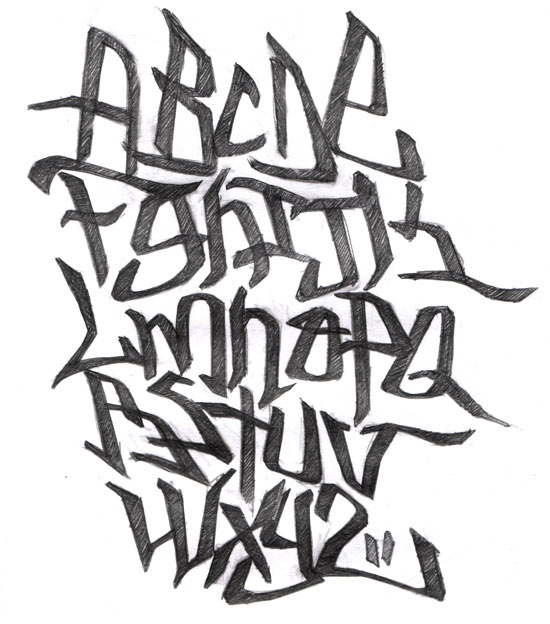Today, I ran our activity. I broke the students into two groups based on when their birthday in the year (we're going to do many groupings to make sure that everyone gets to work together) and filled the boys in on The Spaghetti Tower. To anyone who has done this ice-breaker, you know that it can go well or horribly awry. The purpose of the boys doing the activity today was to discuss, plan, and implement their collective ideas to make the tallest spaghetti/marshmallow tower they could. They had to work together as a team and consider their peers ideas in order to succeed. This is no easy feat for six 11-year old boys with impulsivity and less than stellar social skills.
 |
| If only their towers were so neat. |
The boys did well working together. B and T's team definitely had the upper-hand, as they are two of the higher functioning kids in the class socially, so they were able to bounce ideas back and forth and delegate tasks well. Their tower was the tallest. A was in their group, a boy who needs the most social skill work as he has symptoms of Asperger's Disorder. He was unable to contribute to the group tower without a lot of coaching and prompting from Mrs. C, their teacher. V and W's tower was the sturdiest, and also the stickiest! They worked with Ms. B on turn-taking, sharing, and clear communication. G was absent today, so we'll get him in the mix next week!
When the activity was done and the boys mouths were stuffed with marshmallow-y goodness, we did a bit of processing of the session. The boys talked about what made the activity work, and while Ms. B and I had to do some prying, we got "teamwork," "being nice," and "talking" out of them. We also gave our feedback and told the boys specific things we observed that helped the activity, and complimented them. We didn't get to chat as much as we would've liked since the dismissal announcements interrupted us, unfortunately. But all in all, a very enjoyable first session!
To the poor maintenance worker who had to clean the sticky and oozy mess left behind after 3:35pm... perhaps I can repay you with the leftover marshmallows?






